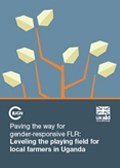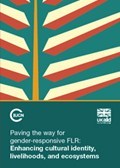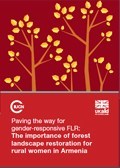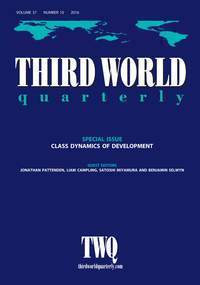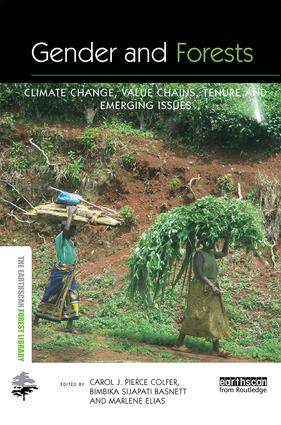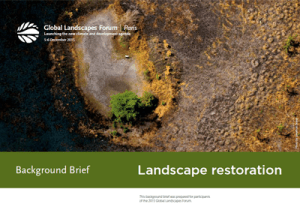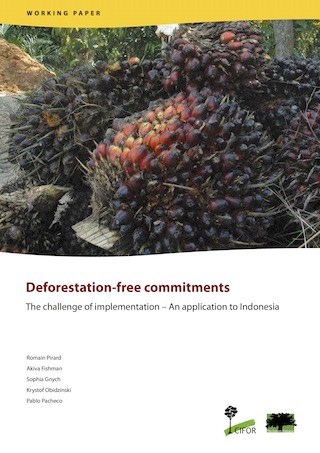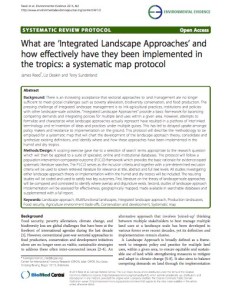Paving the way for gender-responsive FLR: Leveling the playing field for local farmers in Uganda
The International Union for Conservation of Nature (IUCN), in partnership with the Ugandan Ministry of Water and Environment, United Nations Development Programme (UNDP), and the United Nations Environment Programme (UNEP), as well as local governments and civil society organizations, have been working to address many of the climate-related issues in the Sanzara community by employing Forest Landscape Restoration (FLR) with an integrated Ecosystem-Based Adaptation (EBA) approach to maximize community climate resilience.

